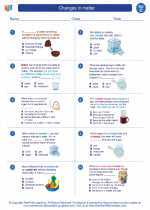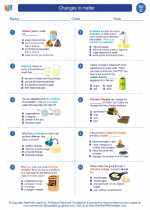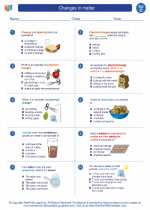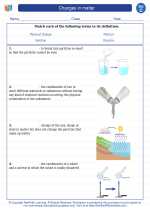Exploring Systems in Science
Systems are an important concept in science. A system is a group of interacting, interrelated, or interdependent components that form a complex and unified whole. In the natural world, everything is part of a system, from ecosystems to the human body to the solar system. Understanding systems helps scientists and engineers analyze and solve problems across various scientific disciplines.
Types of Systems
There are different types of systems in science, including:
- Open Systems: These systems can exchange both matter and energy with their surroundings. Examples include a pot of boiling water or a living organism.
- Closed Systems: These systems can exchange energy but not matter with their surroundings. An example is a sealed terrarium.
- Isolated Systems: These systems cannot exchange energy or matter with their surroundings. While true isolated systems are rare, the universe as a whole is often considered an isolated system for certain types of analyses.
Components of a System
Every system is made up of components or parts that work together to achieve a specific goal or function. These components can include:
- Input: The resources or energy that enter the system.
- Process: The interactions and transformations that occur within the system.
- Output: The end results, products, or waste that leave the system.
Studying Systems in Science
When studying systems in science, it's important to consider the following:
- Identify the components of the system and their interactions.
- Understand how energy and matter flow through the system.
- Analyze the system's inputs, processes, and outputs.
- Consider the system's boundaries and its interactions with the surrounding environment.
- Explore feedback loops and how they impact the system's behavior.
Examples of Systems
Here are some examples of systems that you can explore in science:
- The water cycle
- The digestive system in the human body
- An ecosystem such as a forest or a coral reef
- The solar system
- A car engine
Understanding systems is crucial for understanding the natural world and solving complex problems in science and engineering. By analyzing the components, interactions, and behaviors of systems, scientists and engineers can make important discoveries and develop innovative solutions.
.◂Science Worksheets and Study Guides Third Grade. Changes in matter

 Worksheet/Answer key
Worksheet/Answer key
 Worksheet/Answer key
Worksheet/Answer key
 Worksheet/Answer key
Worksheet/Answer key
 Vocabulary/Answer key
Vocabulary/Answer key
